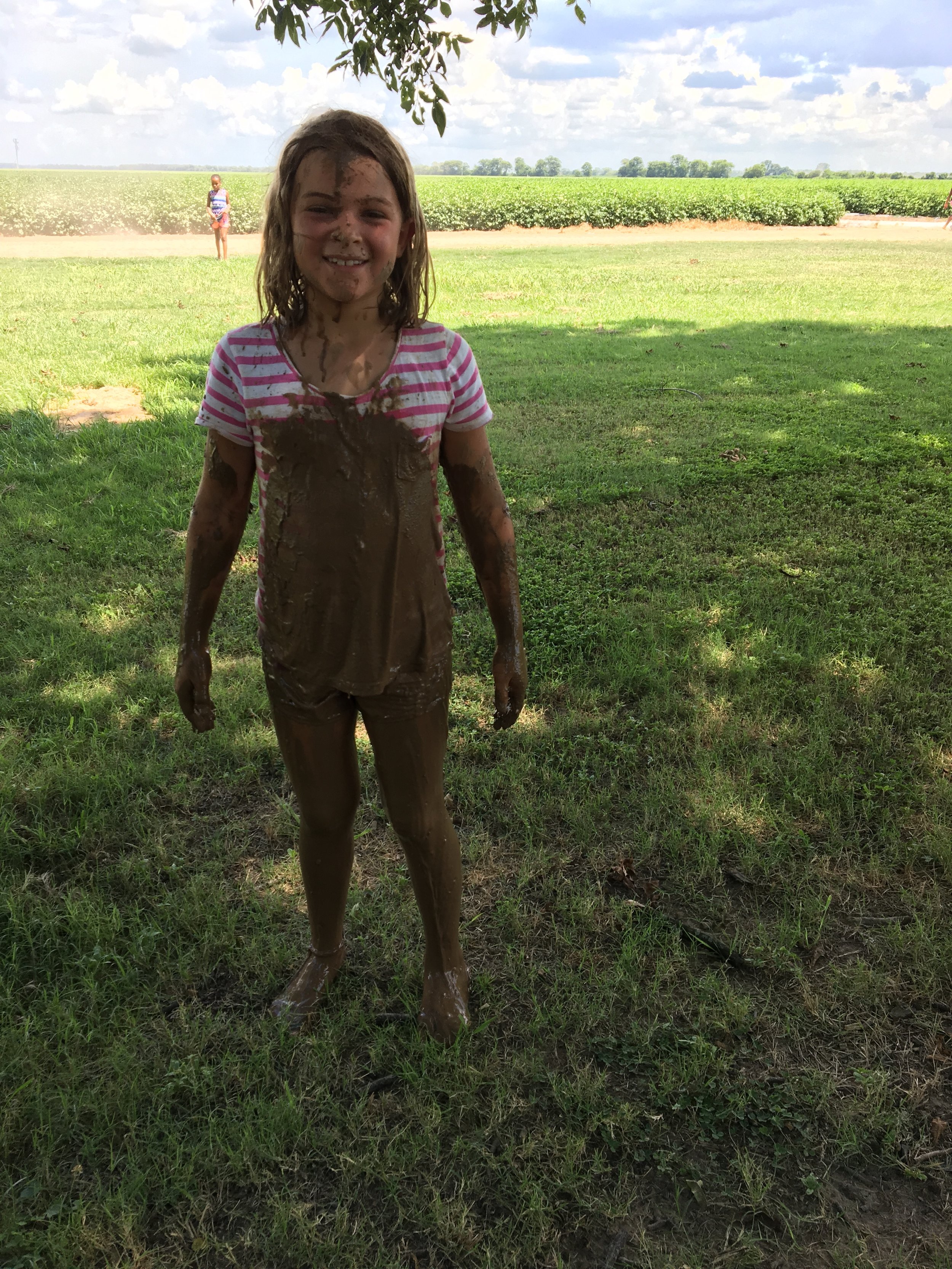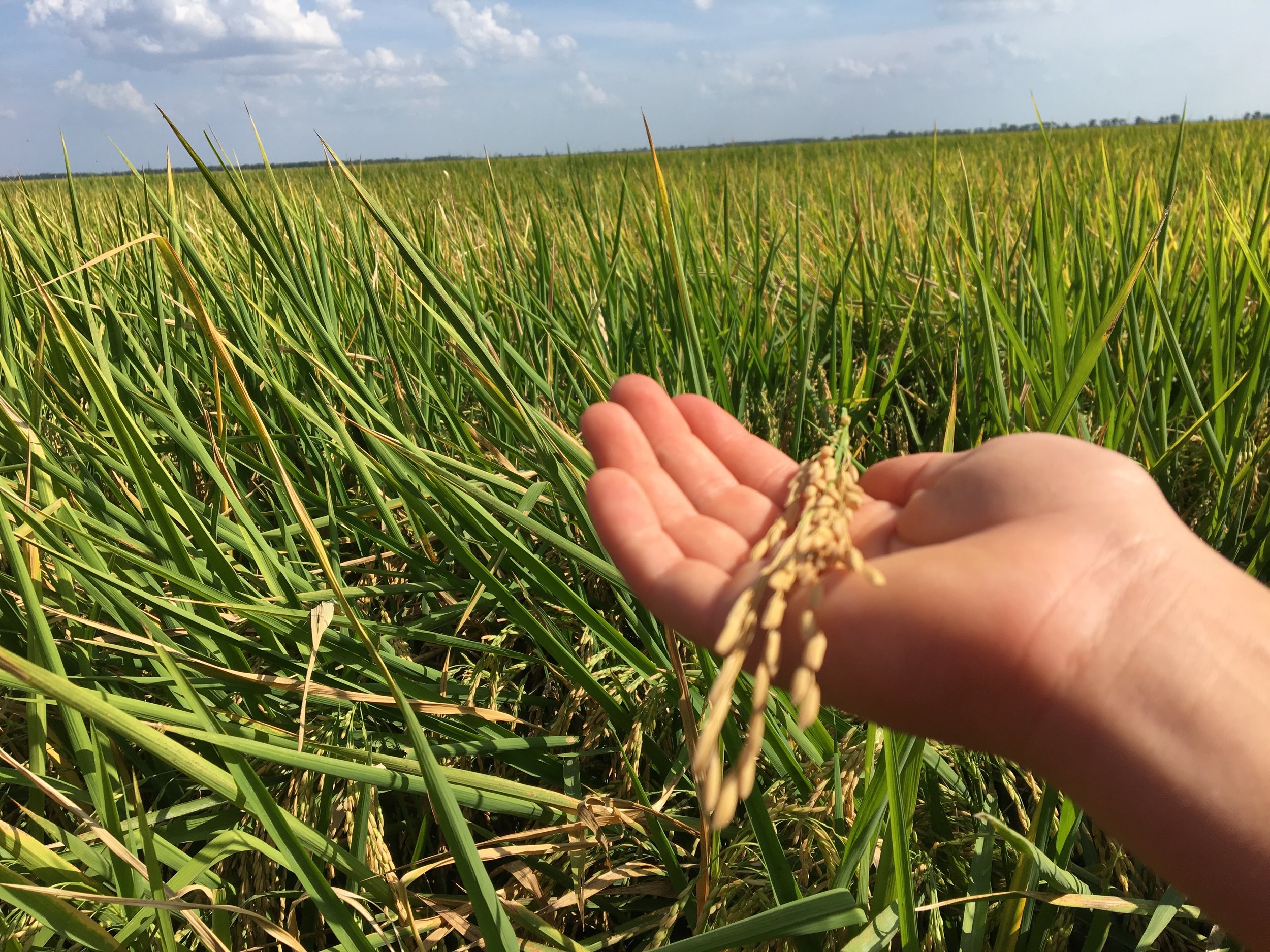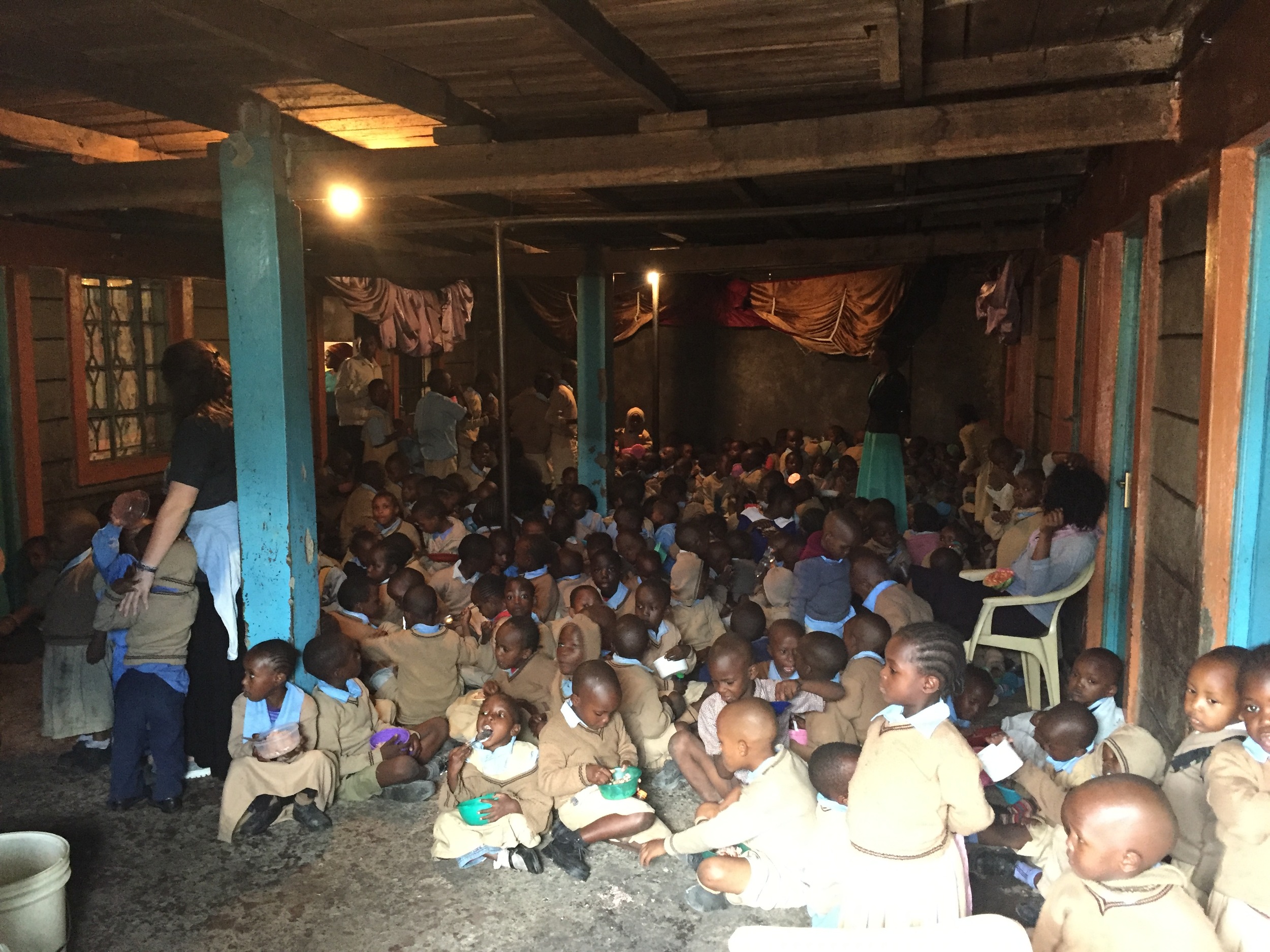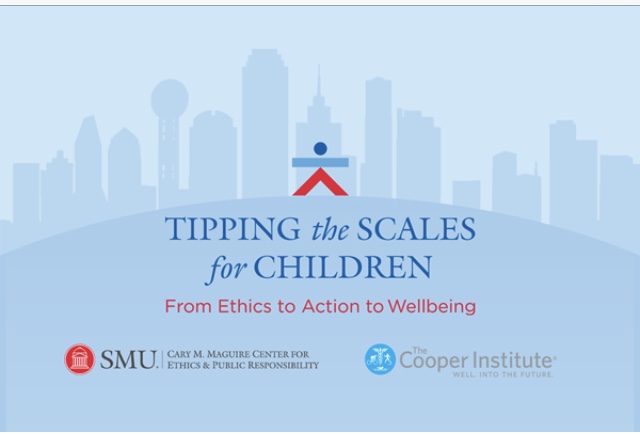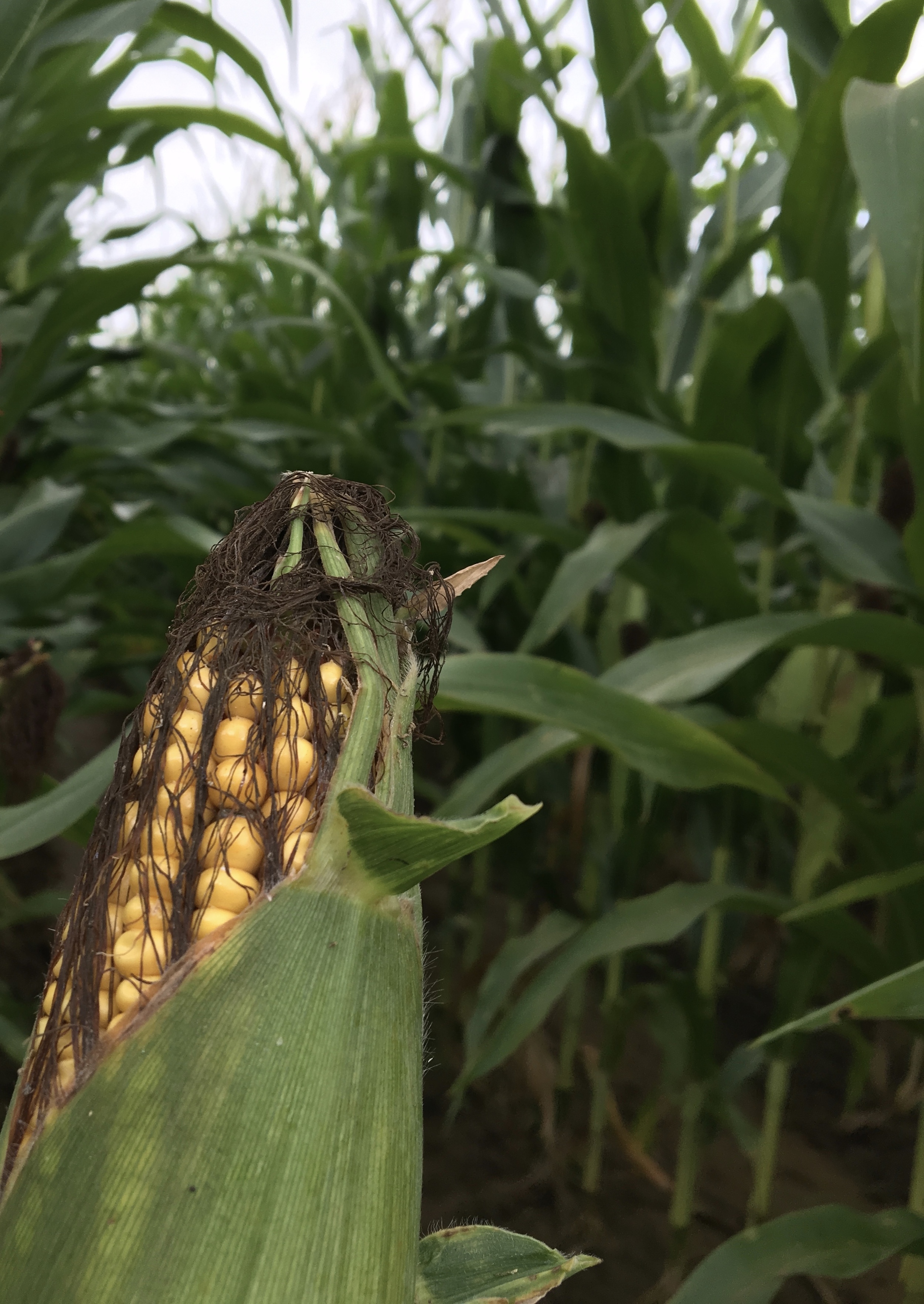Farm Camp with Mercy Street
Our second Farm Camp is in the books, and what an amazing trip we had! This time, we partnered with High School girls from Mercy Street, a non-profit in West Dallas that focuses on building lasting relationships in the community and growing future leaders.
Farm Camp for Teen Girls
This Farm Camp was different than our first one, primarily because of the age differences, and also because this group of campers was all girls! Brian Lonergan, formerly the minister to students and currently the Sports & Fitness Minister at Northwest Bible Church in Dallas, was an integral part of the weekend.
For the first time, many of these young women were able to see a positive male role model interact with them and his wife and their three children. Brian brought humor, depth and meaning to our time together.
As we wrapped up Farm CampMonday morning, the Mercy Street leader, Rachel Kramer, gathered her group of precious girls together to have a debriefing time. She asked them to take a few minutes to write in their journals what they had learned and what they would take away from their time at the farm. I wish you all could have been flies on the wall to hear for yourselves, but I took pretty good notes. Here's what I recorded:
- DJ said she realized how important it is to respect her body. She listed off the areas of nutrition, purity, modesty, exercise and 'not doing harm to herself' as ones that came to mind where she wanted to make an effort to show more respect to her own body.
- NC realized how unhealthy her diet has been and how she needs to eat more healthy foods. She added that eating lots of healthy food throughout the weekend helped her see that "It's not bad. It tastes pretty good."
- DH was very encouraged by the idea of "progress over perfection." She expressed freedom to make progress in her health goals but not feel defeated and discouraged if she makes a bad choice. She committed to "getting back on the horse" instead of being down on herself.
- SG acknowledged that spending time on the farm and seeing the effort required to plant, nurture, harvest and transport our food makes her very thankful for the food she gets from the grocery store.
- KL was encouraged to learn that no matter what has transpired in her family life and her history, she is not limited in what she can do with her future. Her family background does not define her.
- KM pondered the lesson that "everything is permissible but not everything is beneficial" with regard to her food choices. She spoke about the fact that there is freedom to drink sodas but that's really not what's best for your body so she is motivated to make more 'beneficial' choices.
We are so encouraged by the many volunteers who gave of their time and talents to make a difference and plant seeds of hope and a new way of life for our Mercy Street Friends.




















